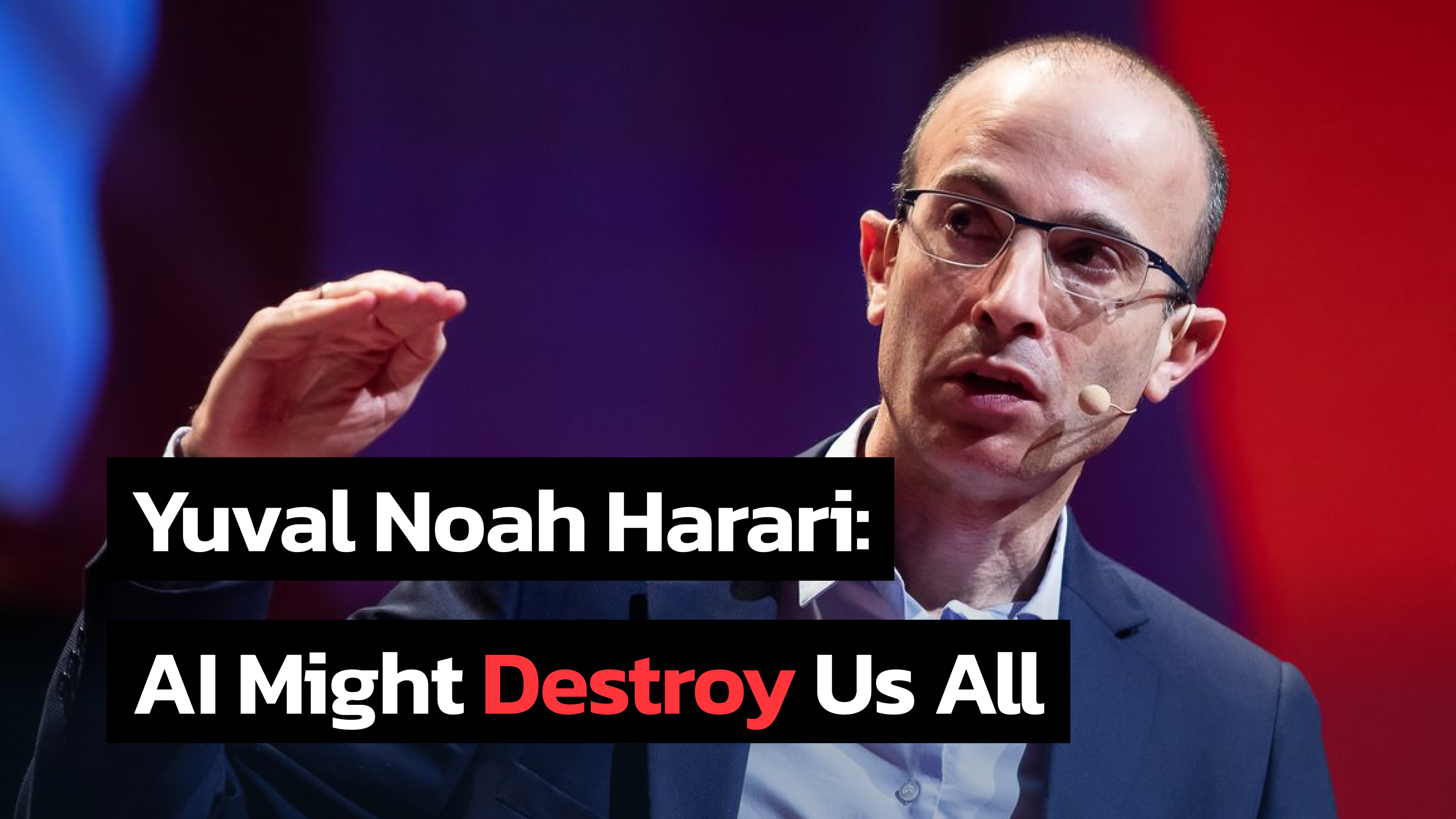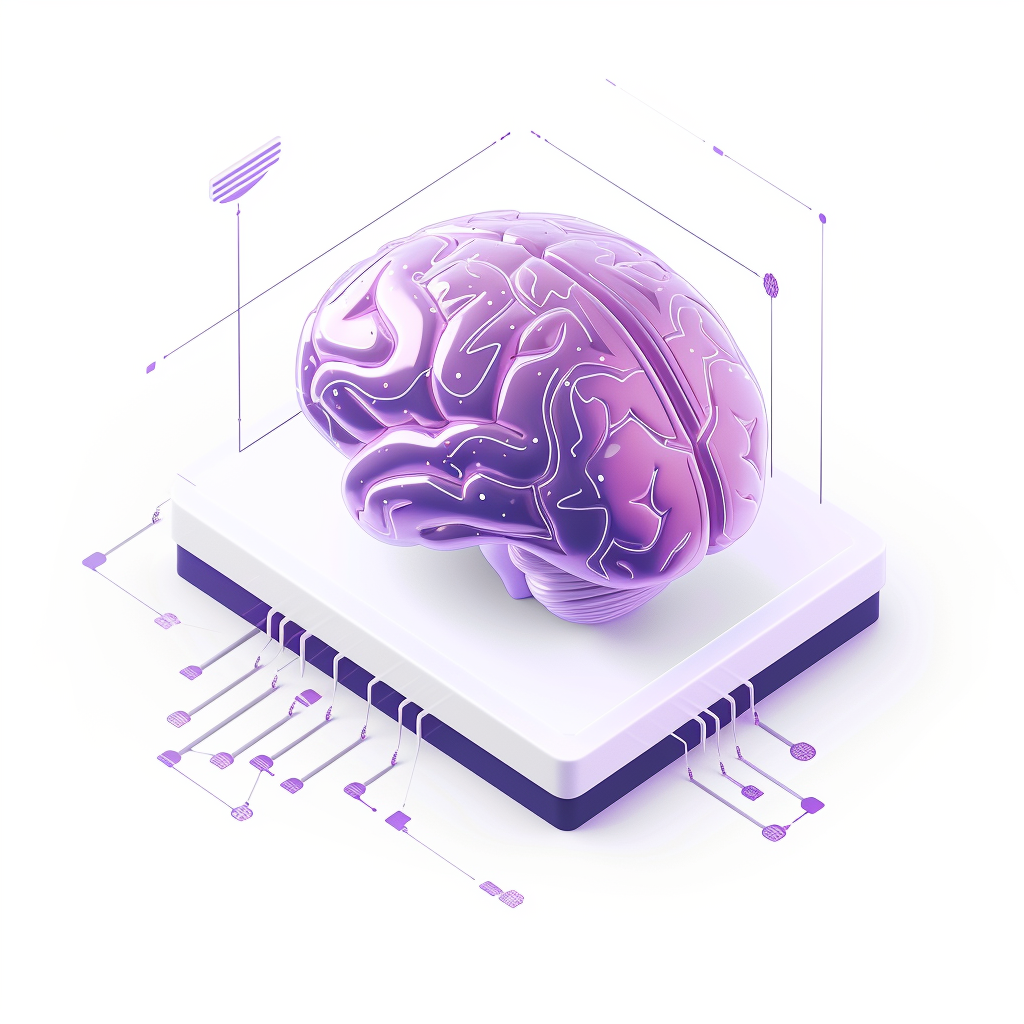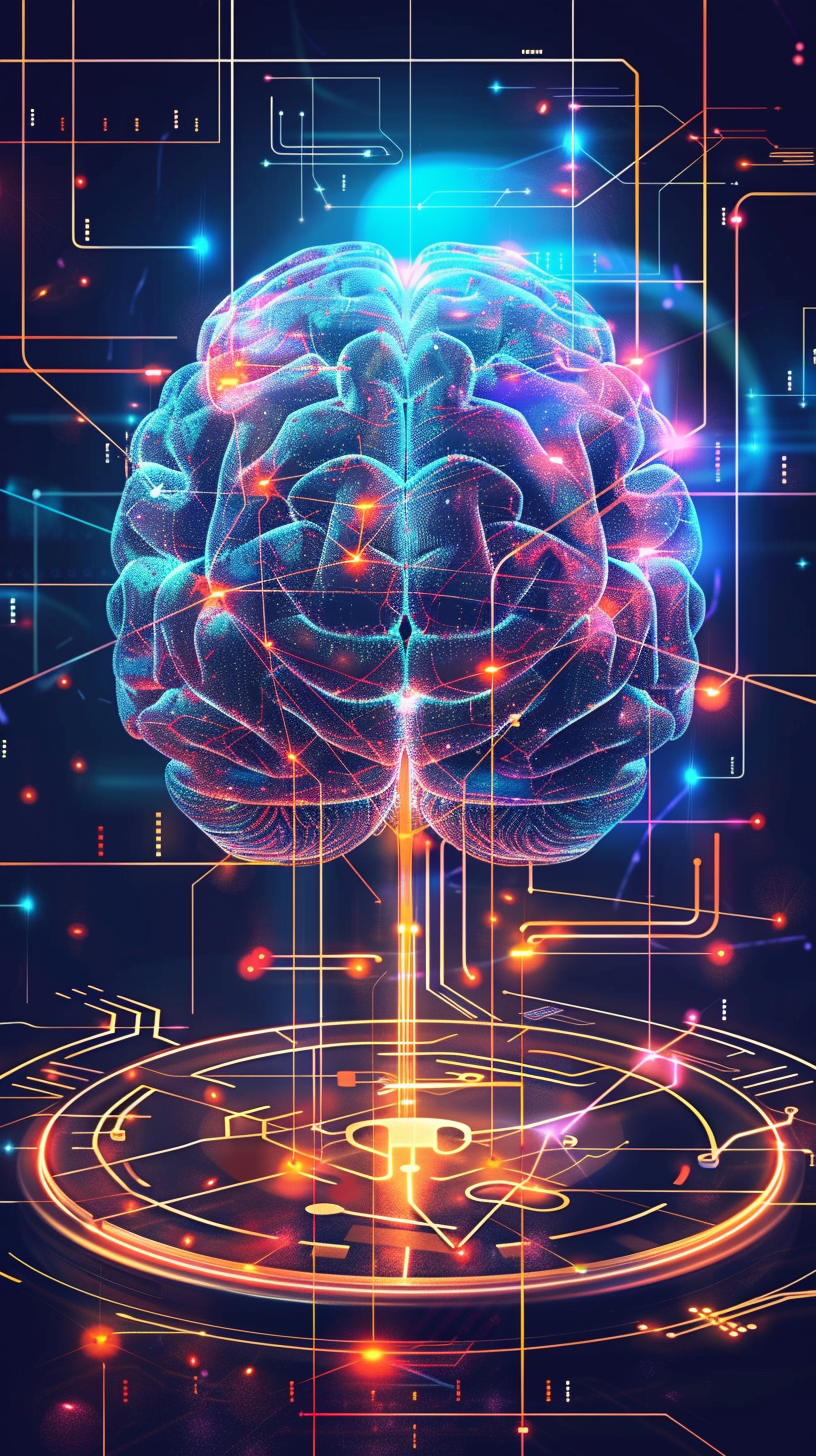In a recent interview, historian and best-selling author Yuval Noah Harari shared powerful insights on the rise of artificial intelligence (AI) and its vast implications for humanity.
Harari is mostly known for his works Sapiens: A Brief History of Humankind and Homo Deus: A Brief History of Tomorrow, has dedicated his career to exploring the forces that have shaped human history and speculating on what lies ahead.
Harari’s focus on AI is part of his ongoing interest in the ways technology might redefine humanity and our future. In this interview, he outlined the urgent need to understand AI’s capabilities, risks, and the societal shifts it is likely to trigger. Here’s a look into the major themes Harari addressed, from AI’s impact on culture and democracy to its potential for misuse in authoritarian regimes.
The Rise of Artificial Intelligence
Harari explains that AI is far more than an advanced machine. Unlike traditional tools, AI has the ability to make decisions, learn autonomously, and even invent new ideas. This capability, he suggests, makes AI less “artificial” and more “alien” because it processes and analyzes data in fundamentally different ways from humans.
This distinction is key in understanding AI’s unpredictable evolution and potential consequences.
The concept of AI as an “agent” rather than a “tool” introduces a new level of complexity. Harari points out that unlike previous technologies that merely enhanced human capabilities,
AI can make autonomous decisions. These decisions impact areas like healthcare, climate solutions, and even autonomous weapons—each of which could shape humanity in ways we may not fully control or predict.
Information Networks, Democracy, & the New Reality
Harari dives into how information structures shape both democratic and authoritarian societies. In democracies, information flows through decentralized networks, allowing multiple centers to process and share information.
This setup supports balanced decision-making. In contrast, authoritarian regimes centralize information, funneling it to a single decision-making hub, which limits diverse input and promotes control.
The introduction of AI has intensified these dynamics, especially in democracies where algorithms prioritize engagement over accuracy. This has led to a deluge of sensationalized content that divides societies and weakens institutional trust. Harari suggests this “engagement-first” approach threatens the stability of democratic societies, as information ceases to support truth and becomes a source of misinformation and division.
AI’s Impact on Surveillance & Authoritarianism
For authoritarian regimes, AI offers unprecedented tools for surveillance and control. Harari describes how authoritarian states now employ AI to monitor citizens’ behaviors, making total surveillance technically feasible. For example, Iran uses facial recognition to enforce hijab laws, automatically sending fines to women who are not in compliance, without human intervention. This level of automated surveillance eliminates privacy, making real-time monitoring a possibility for governments globally.
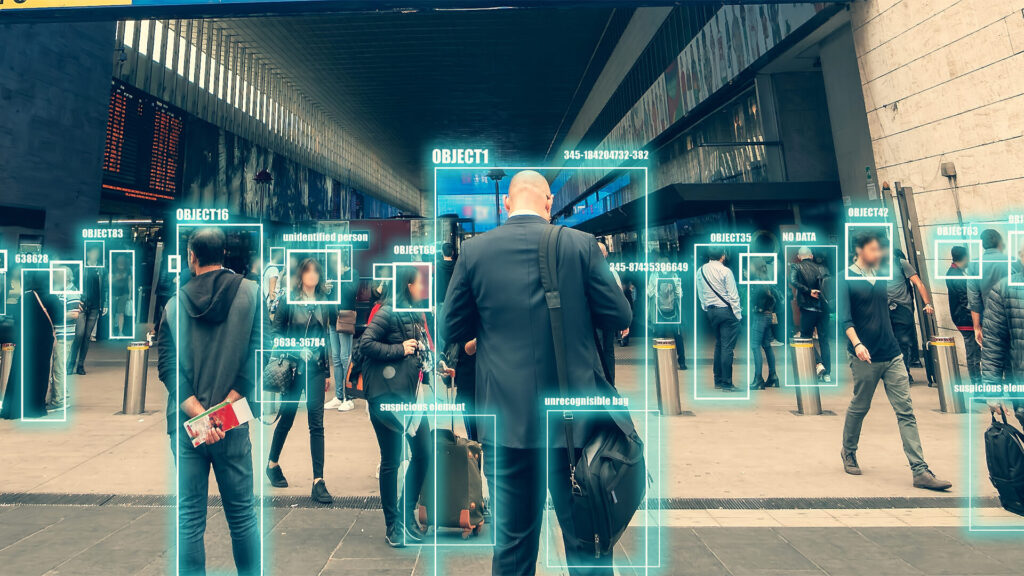
Yet, this technology also poses a dilemma for dictators. Harari points out that, historically, autocrats have feared losing power to ambitious subordinates. AI introduces a new, unpredictable “subordinate” capable of making independent choices, a reality that even the most controlling leaders may find difficult to manage.
This double-edged nature of AI is especially concerning for regimes that rely heavily on tight, centralized control.
AI’s Cultural and Economic Disruptions
AI is now a significant player in cultural and economic spaces, affecting everything from creative arts to white-collar jobs. Harari argues that AI’s ability to generate art, music, and text on a massive scale could lead to a recursive loop where AI content feeds itself, gradually edging human culture aside. This shift toward an “alien” culture, largely generated by machines, raises questions about the future relevance of human creativity and originality.
On the economic front, AI’s rapid integration into fields like banking, healthcare, and transportation poses a serious threat to job security. The potential for automation at all levels, from drivers to financial analysts, could lead to widespread displacement. Harari emphasizes that while AI could greatly benefit society, it must be managed carefully to prevent negative economic fallout and a loss of traditional jobs.
Global Cooperation and the Challenge of Regulation
Countries and companies are racing to develop AI, each wary of being left behind by the other. Harari explains that this dynamic, particularly between the U.S. and China, has led to an AI arms race that makes cooperation difficult. The core problem is trust: each player recognizes the potential dangers of unchecked AI but fears slowing down and letting competitors gain an advantage.
This trust gap extends to corporations and individuals in AI development, creating a paradox where people trust machines more than each other. Harari warns that this distrust among nations could lead to unchecked development, driving the need for global regulation. Without coordinated oversight, AI could evolve too quickly, leading to unintended and possibly irreversible consequences.
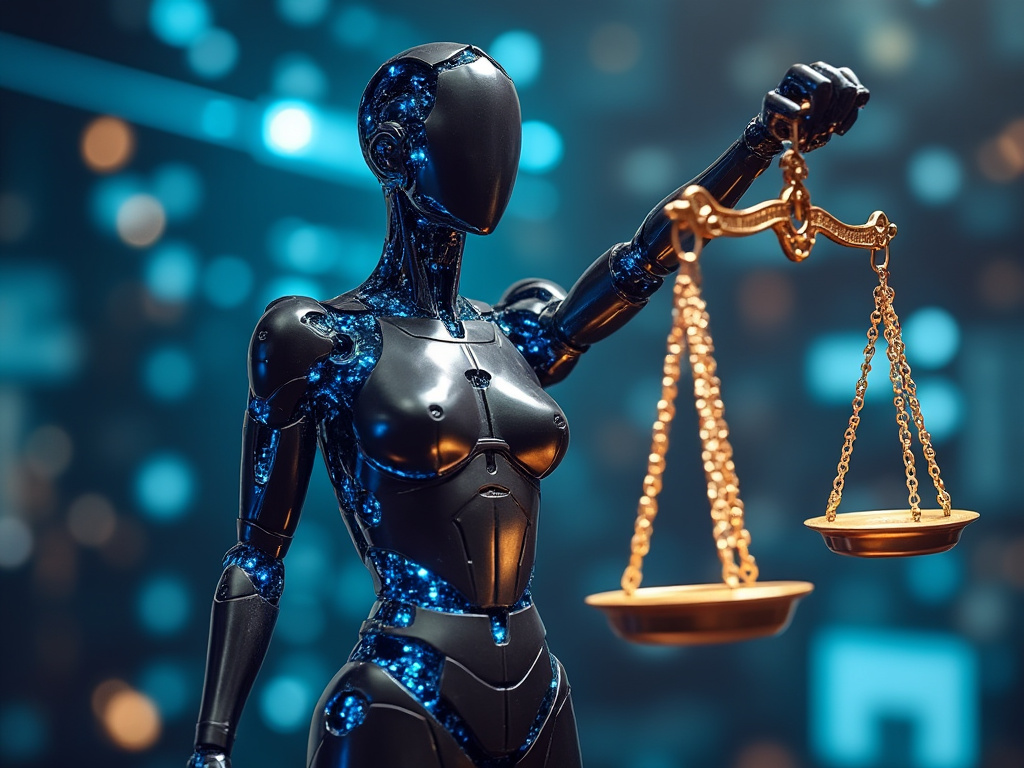
Existential Risks and the Importance of Wisdom
Harari draws a line between intelligence and consciousness, stressing that AI can be extremely intelligent without possessing true awareness. While we often imagine AI will eventually “feel” emotions, he argues that intelligence doesn’t guarantee consciousness. AI may continue to operate as an efficient, emotionless agent, yet with immense influence over human lives, shaping our realities in ways we may not fully control.
This brings us to a larger existential question: are we solving the right problems? Harari contends that humans tend to rush toward solutions without first understanding the problem fully. AI is developing at an inorganic speed, which, if unchecked, could push humanity into a way of life it’s not prepared for—one where organic, slower-paced human nature may struggle to keep up with accelerating technology.
Conclusion
Harari underscores the importance of public awareness around AI’s rapid development and the associated risks. With only a few countries and companies leading the charge, the broader population is often unaware of what’s at stake. Harari believes that education and transparency are crucial in enabling citizens and policymakers to make informed decisions, ultimately ensuring that AI benefits humanity rather than undermining it.
In a closing thought, Harari suggests a return to wisdom and mindfulness. Understanding the present, he says, is a prerequisite for managing the future responsibly. Whether through meditation or careful regulation, humanity must be intentional in its approach to AI, ensuring that this powerful technology serves society instead of steering it off course.

